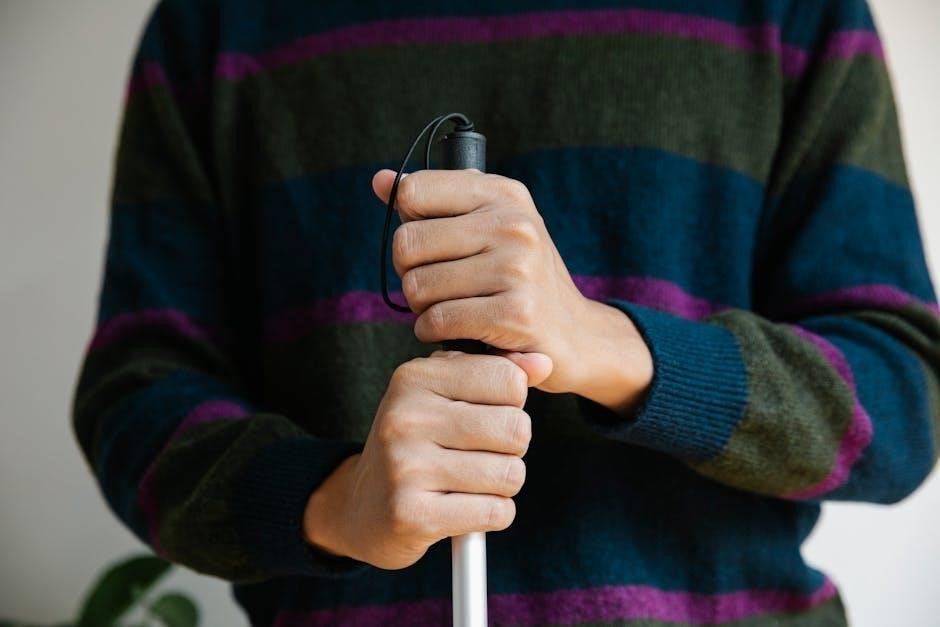Internalized homophobia is a complex issue affecting many individuals, causing shame and self-hatred, and can be overcome with self-awareness, education, and support from mental health experts and loved ones always.
Definition and Explanation
Internalized homophobia refers to the involuntary belief in society’s negative perceptions of homosexuality, queerness, and the trans experience, leading to feelings of shame, self-loathing, and a diminished sense of self-worth. This internal conflict can be a result of societal influences, upbringing, and personal experiences. The definition of internalized homophobia is complex and multifaceted, involving a deep-seated negative self-image and a lack of self-acceptance. It is essential to understand the concept of internalized homophobia to address its effects and work towards overcoming shame and self-hatred. By recognizing the definition and explanation of internalized homophobia, individuals can begin to acknowledge and challenge their negative thoughts and feelings, ultimately leading to a more positive and accepting self-image. The understanding of internalized homophobia is crucial in the process of healing and recovery, allowing individuals to move forward and live a more authentic life.

Causes of Internalized Homophobia
Societal influences and upbringing play significant roles in causing internalized homophobia always affecting individuals negatively.
Societal Influences and Upbringing
Societal influences and upbringing are significant factors that contribute to internalized homophobia, as they shape an individual’s perception of themselves and their place in the world.
Family, culture, and community play a crucial role in shaping one’s identity and can either support or reject an individual’s sexual orientation.
Negative messages and attitudes towards homosexuality can be internalized, leading to feelings of shame and self-doubt, making it essential to recognize and address these influences to promote self-acceptance and healing, and to create a more inclusive and supportive environment for all individuals.

Effects of Internalized Homophobia
Internalized homophobia affects mental health, causing anxiety, depression, and low self-esteem, impacting daily life and relationships with others always and completely.
Impact on Mental Health and Well-being
Internalized homophobia can have a significant impact on mental health and well-being, leading to increased stress, anxiety, and depression. This can result in low self-esteem, self-doubt, and a lack of confidence, making it difficult for individuals to form and maintain healthy relationships. The emotional toll of internalized homophobia can also lead to feelings of shame, guilt, and self-loathing, further exacerbating mental health issues. Additionally, internalized homophobia can lead to avoidance of social situations, social isolation, and a lack of connection with others, which can worsen mental health outcomes. Overall, the impact of internalized homophobia on mental health and well-being can be severe and long-lasting, emphasizing the need for supportive and inclusive environments that promote self-acceptance and self-love. By acknowledging and addressing internalized homophobia, individuals can begin to heal and work towards a more positive and affirming sense of self.

Strategies for Overcoming Internalized Homophobia
Effective strategies include self-reflection, education, and mindfulness practices to promote self-awareness and acceptance always helping individuals overcome internalized homophobia and shame gradually.
Self-Awareness, Education, and Mindfulness
Self-awareness is a crucial step in overcoming internalized homophobia, as it allows individuals to recognize and challenge negative thought patterns and beliefs. Education plays a significant role in promoting self-awareness, as it provides individuals with accurate information about homosexuality and the LGBTQ community. Mindfulness practices, such as meditation and journaling, can help individuals develop a greater understanding of themselves and their emotions. By cultivating self-awareness, education, and mindfulness, individuals can begin to break free from the shackles of internalized homophobia and develop a more positive and accepting sense of self. This, in turn, can lead to greater self-acceptance, self-esteem, and overall well-being. Additionally, self-awareness, education, and mindfulness can help individuals develop more compassionate and loving relationships with themselves and others, leading to a more fulfilling and meaningful life.

Seeking Professional Help
Mental health experts provide guidance and support to overcome internalized homophobia and shame always with compassion and understanding.
Importance of Mental Health Experts
Mental health experts play a crucial role in helping individuals overcome internalized homophobia and shame. They provide a safe and non-judgmental space for individuals to explore their feelings and emotions. With their guidance and support, individuals can develop coping strategies and work through their internalized homophobia. Mental health experts can also help individuals develop a more positive self-image and improve their overall mental health and well-being. They can provide education and resources to help individuals understand and overcome internalized homophobia. Additionally, mental health experts can offer support and guidance to families and friends of individuals struggling with internalized homophobia. By working with mental health experts, individuals can overcome internalized homophobia and live a happier and healthier life. Mental health experts are essential in providing the support and guidance needed to overcome internalized homophobia and shame. They are trained to help individuals navigate these complex issues.
